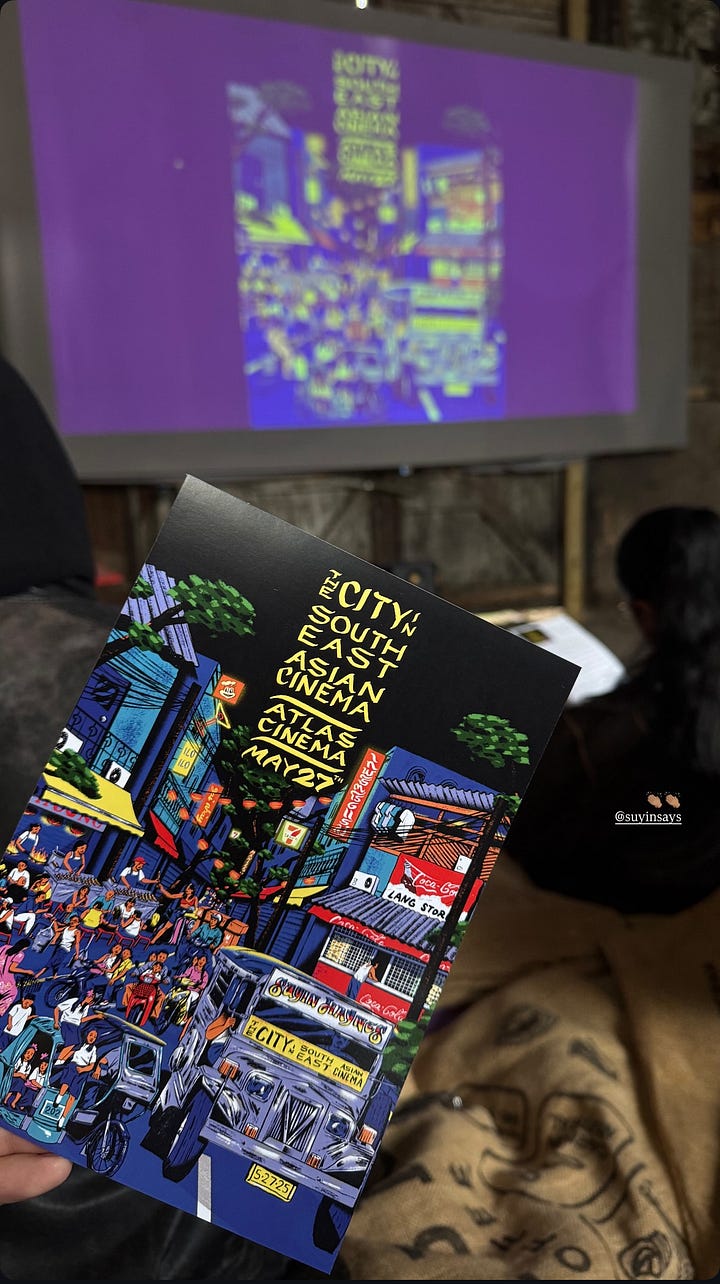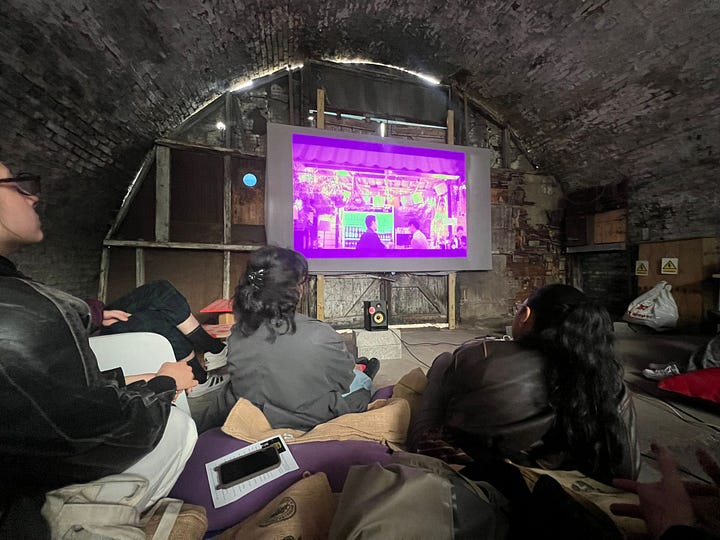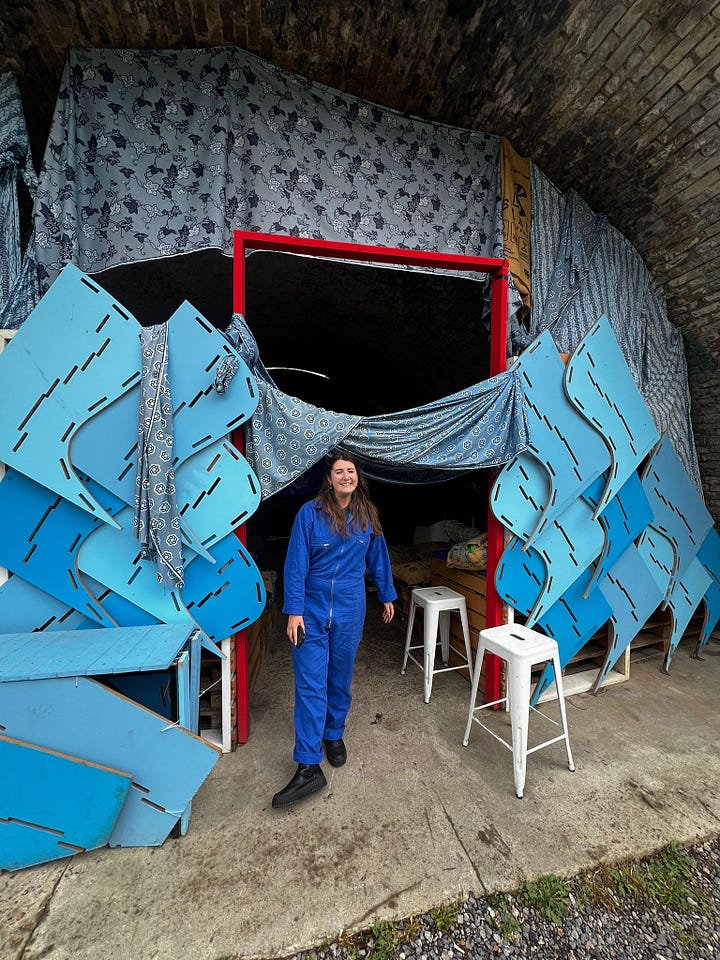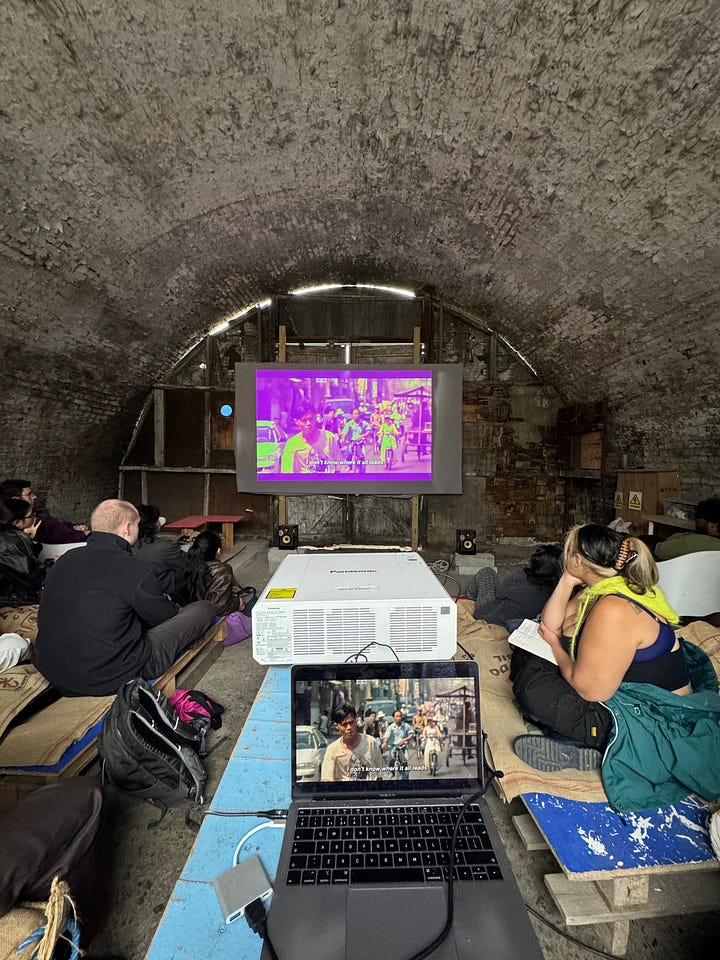There is a quotation from Hanya Yanigahara’s A Little Life that has stayed with me for a long time. I have written it in notes and birthday cards to friends, and am now adept measuring my spacing so I’m able to fit in all the words.
“You won’t understand what I mean now, but someday you will: the only trick of friendship, I think, is to find people who are better than you are—not smarter, not cooler, but kinder, and more generous, and more forgiving—and then to appreciate them for what they can teach you, and to try to listen to them when they tell you something about yourself, no matter how bad—or good—it might be, and to trust them, which is the hardest thing of all. But the best, as well.”
Now, whatever you might think of A Little Life (and I encourage reading the inimitable Andrea Long Chu on the subject), this passage for me has withstood years. It is a sentiment that I return to again and again — that our friends shouldn’t just support or enable us blithely, but should also challenge us, push us to become better people. In return, we do the same, with the same kindness and care. A reciprocal act of love, even when it might not feel like it at times.
It is now the summer, the academic year is over, and I am happy to have the headspace to think, rest and enjoy life. And I am so grateful to be surrounded by those who are better than me in different ways. There are many more of you out there, but here are a few recent happenings I wanted to share:
I did an event last month (more on that below) that I would never have done had it not been for M and her encouragement, her continuous belief in me even when I lack it in myself. I was touched by how many of my friends came to the event unprompted, helping me to set up and pack down. It made me somehow simultaneously more nervous that they were there given how much I respect their opinions, yet also comforted by their familiar presence. They teach me that friendship is unconditional.
At the wedding of my friend C, whom I have known for 25 years, I thought about how although our lives have weathered really different paths, we have remained steadfast to eachother throughout it all. I have seen her grow into a mother and now, a wife — two identities that I do not foresee for myself in my lifetime, and I’m sure there are choices I’ve made (or am yet to make) that she feels the same about. And yet, I could not be happier for her to experience her new identities as a parent and spouse, and to walk alongside her as she does. Motherhood is a cosmic shift in life and in friendship. I feel like it has brought us closer in ways I did not expect.
At Primavera Sound music festival in Barcelona, I thought about how lucky I am to have close friendships with several men in my life who have taught me a lot about masculinity, queerness, and what it means to be and love as a man today. These relationships are more ones of siblinghood for me than of friendship. We bicker and bitch, cackle and weep, and are as happy dancing until the sunrise together as we are watching sappy television on a Friday night. I have trusted them with the parts of myself that I am often too afraid to expose to others. They are my surrogate brothers.
At the wedding of my friend R, the word ferocious kept coming up. It’s an excellent word to say out loud (that is your cue to say it out loud to yourself now), pushing the air out of your mouth on the ‘f’ and feeling your tongue curl around the suffix ‘sly’. For more than a decade, R has taught me how to love and endure ferociously. To not do anything by halves and to ask uncomfortable questions of myself and of others. To continue believing that there is goodness and joy to be found in even the most opaque pockets of despair.
Three Leaves
This Saturday, I will be going to the national demonstration calling for an end to Israel’s genocide in Gaza. I will be there with my mother, who attended her first such demo in May and asked when the next one would be that same day. Please join us. I found this video shared on Father’s Day to be so moving:
I’m really enjoying watching the new BBC drama What It Feels Like for a Girl, created by Paris Lees and based on her memoir. It’s truly special and not like anything else I’ve seen in recent years. I also went along the premiere of my friend
’s new film, Far From the Plains — congratulations Nie on co-writing a beautiful and touching short!!Did you know that you can access hundreds of thousands of historic pieces of film and television via the BFI Archives? Neither did I until I went there physically a couple of weeks ago to watch a specific documentary for an upcoming project I’m working on. The archives are the UK’s national collection of film and television, one of the largest in the world dating back more than a century — and it belongs to all of us! Do check out this incredible resource, and big shout out to Steve, the archives’ custodian, who is a truly top bloke.
And updates from me:
As I mentioned above, last month I did a (sold out!) talk at experimental film cooperative Atlas Cinema, based on the theme of The City in South East Asian Cinema. It was a visual lecture — a format I have never tried before, and I’m proud of myself for meeting the challenge and editing the video comprised of film clips to accompany the talk (some of you will know I’m technologically inept so that is really a Big Deal). My talk was based on research I did as part of my MA, and I’m so grateful to everyone who came along and participated with so much warmth and enthusiasm in the space — it was lovely to watch people engage with and react to the films in different ways. I also wrote up a piece for the LSE’s South East Asia Centre blog summarising the talk and exploring the same themes. Atlas’ final week is this week so do go along and check out their other community screenings.




Continuing with the theme of sharing ideas from my MA, I have a new piece out in Jacobin this week about Delicious Hunger, a collection of short stories written by former Malayan Communist Party soldier Hai Fan. He spent 13 years in active combat in the rainforest near the Malaysia-Thai border, and the stories are an evocative product of his memories. This book review is a different form and style for me — I wanted to situate the writing within the broader liberation struggles of South East Asian revolutionaries, which I feel are often overlooked. A huge thank you to
whose encouragement helped develop this essay and inspired me to pitch it.
As some of you know, I have been working with INQUEST as part of their memorialisation working group, where we’ve been thinking about a public memorial in honour of those who have lost their lives to state violence. As a group, we have created a survey to gather thoughts and opinions on what this should look like, which is available here. It would be amazing to hear your thoughts and responses to these ideas, and you don't need to have been working directly with INQUEST or directly bereaved by state violence to contribute to the survey. INQUEST also have a couple of really interesting opportunities to work with them live at the moment — find out more on their website here.
Yesterday, I finished my final session in a module I am taking (as a student) on how to become a better teacher at City St George’s. It’s been fun and interesting, although I kind of wish I had done it before I started teaching as all feels a bit back to front in this order. On that note, I am going to be speaking at my first academic conference (!) on 3 July at the university, on the theme of involving students in curriculum design based on my experiences and inspired by bell hooks. It’s open to anyone to attend — more info and registration to join here (I’ve heard the catering is good, apparently).
Thank you as always for reading and engaging, even as this has come to you on a Wednesday and after a little hiatus.
Until next time, take care,
Suyin x



